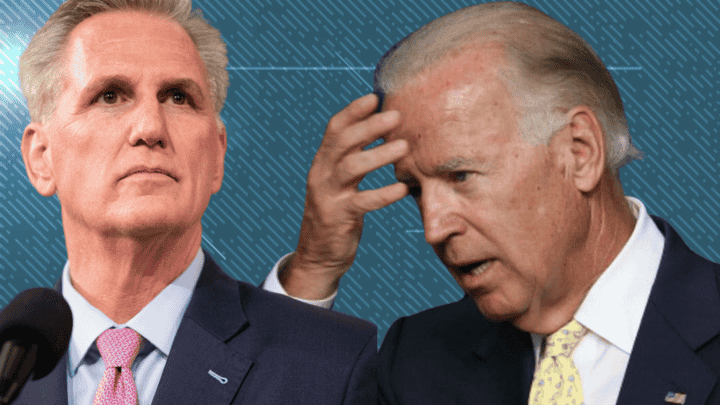After its mid-September release, the Hollywood film The Woman King was an instant hit with audiences.
The Agoodjies, female warriors from the ancient Kingdom of Dahomey located in what is now modern-day Benin, West Africa, achieved victories that were every bit as impressive as the populace had hoped.
The new film, starring Viola Davis and John Boyega, tells the story of the Agojie, an all-female force of warriors that maintained the African Kingdom of Dahomey in the 1800s with abilities and fierceness, unlike anything the nation (or world) had ever seen.
Complex concerns surrounding African tribes selling members of other tribes to European slave dealers are explored in the film.
Despite the fact that many of the film’s historical details are fudged because it presents an “alternative past,”
Discussion of The Film The Woman King

The film’s final act depicts the Dahomey people abandoning the slave trade out of a sense of moral duty. In reality, the tribe’s prosperity hinged on the sale of slaves until 1852.
As a film about black women, with a predominantly black female cast, and directed by a black woman, it is also incredibly progressive. Not until nearly an hour in does you see any white actors.
Since “The Woman King” is being promoted as a major release, has a substantial budget, and is doing well at the box office despite not being a part of an established franchise, this is a significant time.
American conservatives on the radical right have criticized the film because of its depiction of black women carrying out savage attacks on white men. On the other hand, the hashtag #BoycottWomanKing has been trending among black internet users.
Before the movie had even been released, it was the target of racist comments. Those who expressed their opinions online blasted the Dahomey kingdom for its seeming barbarism.
It was the “annual customs” of Dahomey, palace rites that occasionally involved large human sacrifices that received the most emphasis in those accounts.
The film has also been criticized by an anonymous online subculture known as “ADOS” (American descendants of slavery). Because it celebrates an African empire that brutalized their ancestors, they demanded a boycott of it.
Could It Be Worth Your Time to Watch?

According to the post, “White performers and celebrities don’t say it; they just do it,” which was pointed out by numerous users in the comments section.
Blondes and brunettes” and “tall, dark, and handsome” are the most specific descriptors they use, along with the more modern “golden retriever vibes.”
The article claims that Black women have been sexualized for millennia, but that this perception is changing as they are more recognized (especially after Boyega’s comment) as possible whole beings.
Too often, Black women are assumed to have little desire or craving for connection, as stated in the essay. We are supposed to save the world while smiling and behaving loyally for the sake of others, even if we stand to gain very little from our efforts.
While Black women are often overlooked for awards, “one cannot compare Boyega’s statements to a double standard,” the piece argues. The discourse only serves to reinforce white supremacy as the standard of beauty in today’s culture.
Also: Rooster Teeth Controversy: Rooster Teeth Workplace Misconduct Claims by Jenzen!
Final Words:
Inspired by Historical events, The Woman King follows General Nanisca as she prepares female recruits for the fight against an adversary out to destroy their way of life. The US far right blasted it for showing black women murdering white men. #BoycottWomanKing has trended among black users. Because it honors the Agoodjies’ tenacity and invites readers into their rich, public, and private lives. Today, the Black Lives Matter movement asks that Hollywood writers, producers, and executives, black, brown, or white, pay attention to detail and avoid producing revisionist narratives that minimize the crimes done by Europeans and Africans throughout the transatlantic slave trade.



